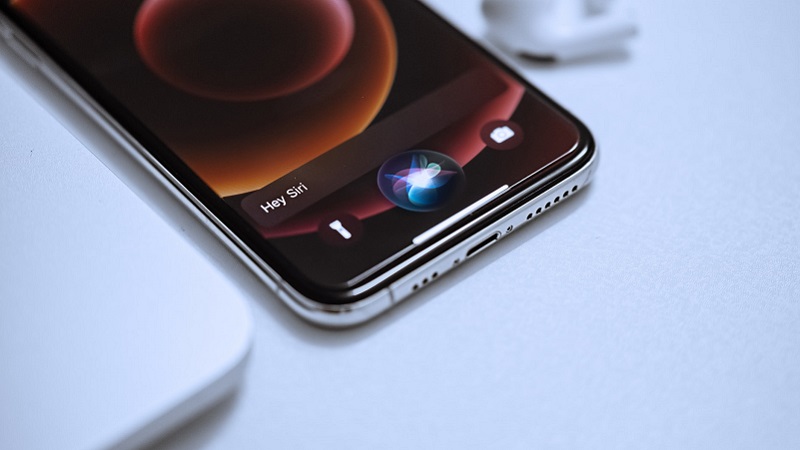How to deny apps access
It’s a widespread fear: are Facebook, Google and Co. secretly listening to our conversations through the cellphone microphone? There is no clear answer (always). However, we will explain how to block apps from accessing your microphone from scratch.
It’s a myth that’s been around almost as long as Facebook – or Meta – itself. What’s the point? About secret wiretapping allegations. Again and again, users get the impression that Facebook, WhatsApp, Google or other apps are eavesdropping on our conversations.
Contents
Espionage? Excellent targeting!
In fact, all studies and experiments on this topic show that it is de facto impossible, for example, to encourage the Facebook app to eavesdrop.
Instead, the advertising techniques and advertising networks of the digital corporations are so sophisticated that they always manage to recognize our current needs at the right time and then display the right ads.
Ban apps from accessing cell phone microphones: Here’s how
Rather, it’s the data omnipotence of Meta, Google, Twitter, Snap, or Amazon that should worry us. A first step in the right direction is to disallow apps from accessing the phone’s microphone in the settings.
Forbid access to the cell phone microphone on the iPhone
It’s actually easier on Apple devices. There you first open the settings. You then navigate to the area “privacy” and select “microphone” out. You can then specify for each installed app individually whether access to the cell phone microphone should be permitted or not.
Forbid access to the cell phone microphone on the Android smartphone
The situation with Android smartphones is similar. There you also go to the settings. After that, however, it goes over “app“ for app selection. When you have arrived at the corresponding application, go to the “Permissions‘ and then prohibit under ‘microphone“ the access.
Google or Android goes with the possibilities actually a step further than the competition from Apple. So you can choose between several options.
For example, you specify that an app must ask each time whether access to the cell phone microphone is OK. Alternatively, you can of course also give general consent or a general ban. You can also allow microphone access only during active app use.
No Microphone, No Voice Messages: What Happens When You Ban Microphone Access?
Of course, data protection and the protection of your own privacy are very important. Especially in the younger generations Alpha, X, Y and Z, the handling of personal information is often too lax anyway.
Here in particular it is necessary for parents, legal guardians, kindergartens, schools and society as a whole to start the necessary educational work at an early stage. After all, information such as age, gender and place of residence are valuable goods for corporations in the digital world, which they market for a lot of money.
Nonetheless, you need to be aware of what happens when you deny an app access to your microphone. The app can then no longer access your microphone. This sounds logical at first, but has consequences.
On the one hand, you can be (relatively) sure that you are not being secretly bugged. On the other hand, you also lose some features. For example, you cannot send voice messages via WhatsApp and Co. without microphone access. Neither will your Instagram Stories or your TikTok videos have a sound.
The question then arises: data protection or functionality? However, everyone has to answer this question for themselves.
Also interesting:



